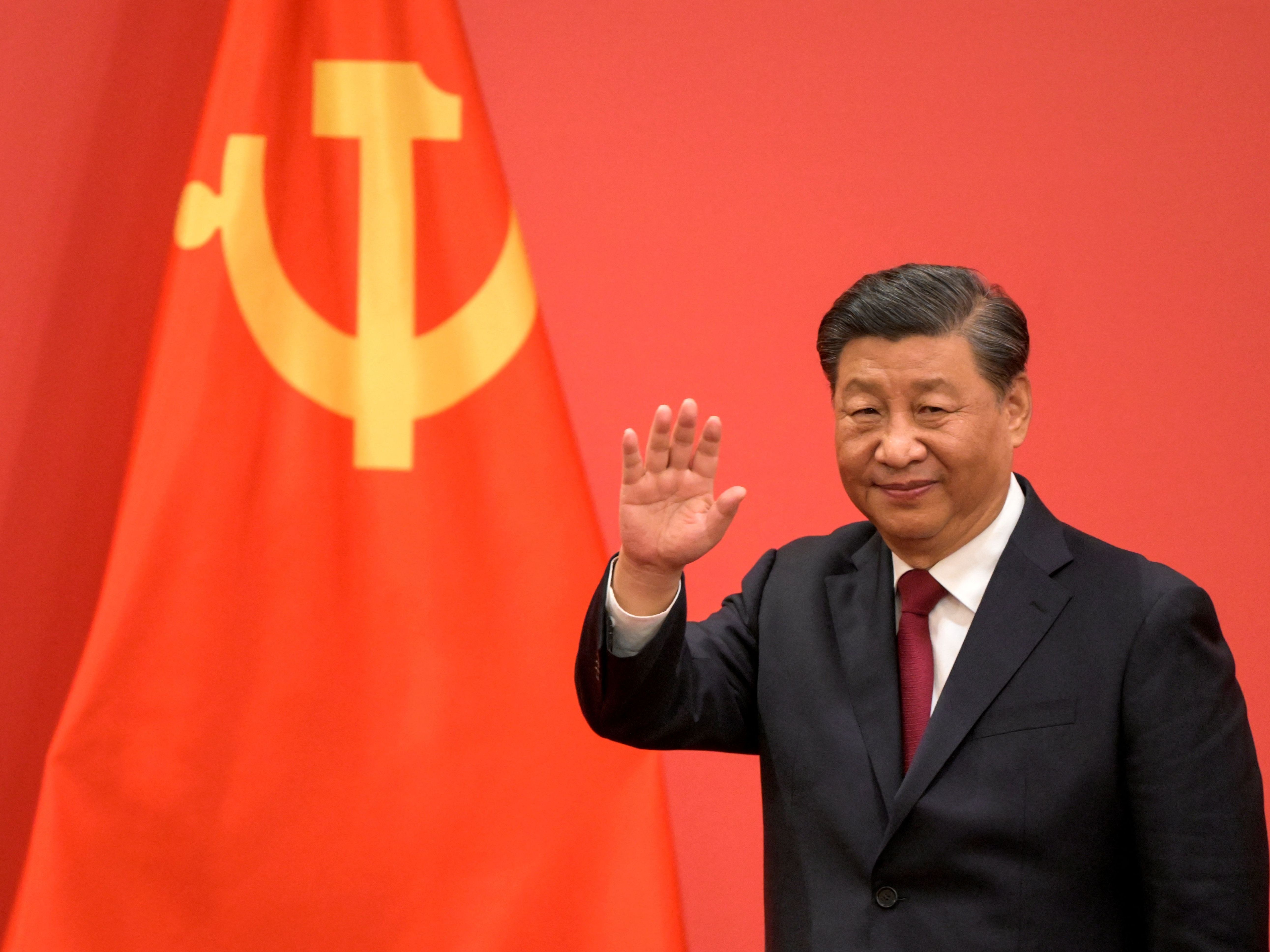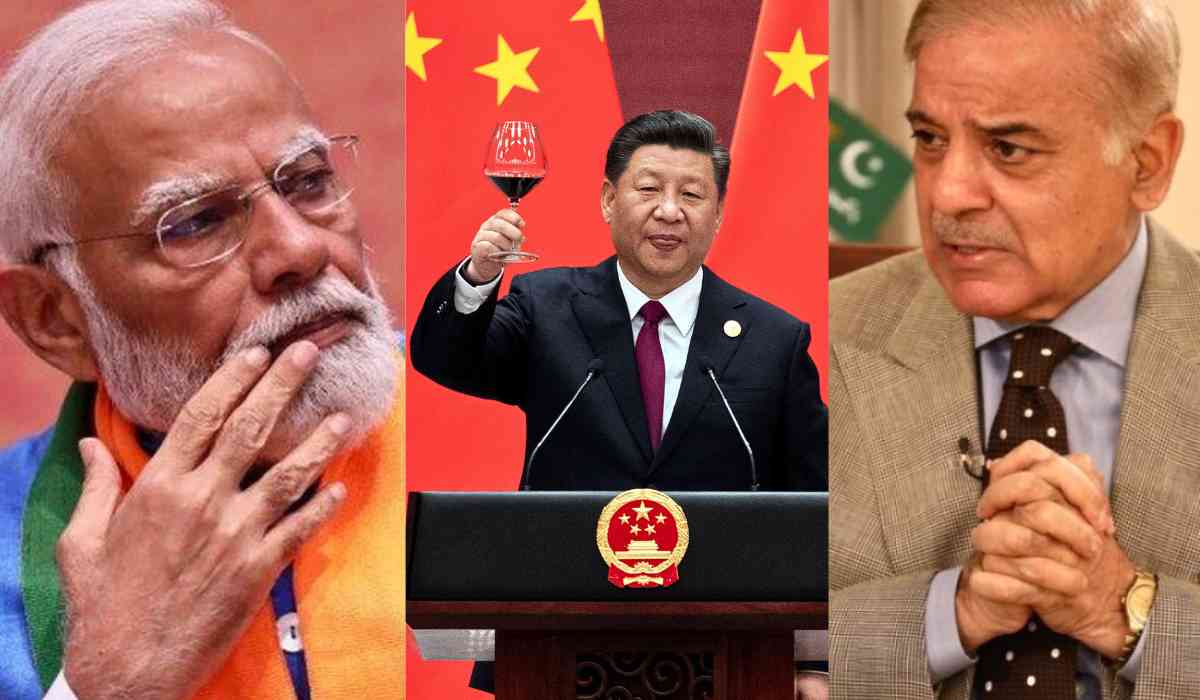The recent escalation between India and Pakistan, triggered by a deadly attack in Indian-administered Kashmir, has drawn global concern. While the world urges restraint, one country stands to gain the most strategically from this crisis: China. Here’s a factual breakdown, based on insights from the DW News segment and expert commentary.

1. China’s Deep Alliance with Pakistan
-
Military Support: China is Pakistan’s closest strategic partner, supplying advanced military hardware, including high-end air-to-air missiles and fighter jets. In the current conflict, Pakistani forces have reportedly used Chinese-built jets and weaponry against India, successfully downing at least one Indian Rafale aircraft.
-
Testing Ground: This conflict serves as a real-world testing ground for China’s military technology, giving Beijing valuable data on the performance of its equipment in high-stakes scenarios.
2. Strategic Leverage Over India
-
Balancing Act: While China has tried to thaw relations with India since their 2020 border skirmish, its primary allegiance remains with Pakistan. If the crisis weakens India or puts it diplomatically “in a box,” China benefits by seeing a regional rival distracted and diminished.
-
Regional Influence: A weakened or preoccupied India is less able to challenge China’s ambitions in Asia, whether in border disputes, regional trade, or international forums.
3. Diplomatic Positioning
-
Public Restraint, Private Leverage: Officially, China urges restraint and de-escalation, presenting itself as a responsible power. Privately, it likely counsels Pakistan, using its influence to shape outcomes in its favor without direct involvement.
-
Avoiding Direct Conflict: China does not want a full-scale war, especially a nuclear one, as it would destabilize the entire region and could draw China in more directly. Its goal is to keep the conflict at a manageable level while maximizing its strategic advantages.
4. Economic and Geopolitical Benefits
-
Arms Sales and Influence: Continued tensions ensure that Pakistan remains dependent on Chinese military and economic support, deepening Beijing’s influence in South Asia.
-
Distracting Rivals: As India and Pakistan focus on each other, China faces less unified opposition to its regional projects, such as the Belt and Road Initiative and its activities in the South China Sea.
5. Risks and Calculations
-
Managing Escalation: While China stands to gain from a prolonged India-Pakistan rivalry, it must carefully manage its involvement to avoid being implicated in a catastrophic war, especially one involving nuclear weapons.
-
Long-Term Strategy: China’s ultimate interest is in maintaining a balance where India is contained but not so destabilized that the entire region becomes unpredictable.
Final Note

China is the external power best positioned to benefit from the India-Pakistan crisis. By supporting Pakistan militarily and diplomatically, Beijing gains leverage over both South Asian rivals. The conflict allows China to test its weapons, deepen its alliance with Pakistan, and keep India preoccupied. However, China must also tread carefully to avoid a wider war that could threaten its own interests.
In summary: The “business war” between India and Pakistan is, in many ways, a strategic opportunity for China-one that it is likely to exploit with calculated precision.
With inputs from agencies
Image Source: Multiple agencies
©️ Copyright 2025. All Rights Reserved Powered by Vygr Media.


























